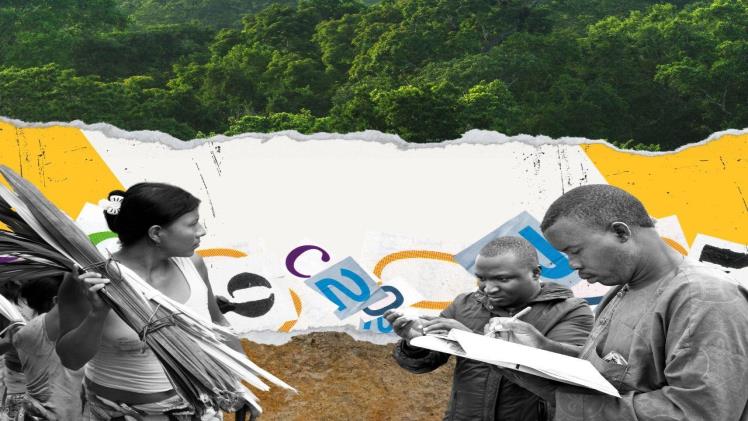Aboriginal and Torres Strait Islander communities in the heart of Australia face unique health challenges. Notable among them are communicable diseases.
From the common flu to more severe conditions, these illnesses pose substantial health and well-being risks for these communities. Consequently, recognising this daunting challenge—some organisations have undertaken commendable strides in empowering Indigenous communities.
The teams overseeing the pertinent programs adopt a proactive stance in disease management. Their focus extends beyond reactive measures against current health crises, encompassing the construction of an enduring framework for community resilience and empowerment.
Their commitment resonates with providing support and resources to member services to manage communicable diseases effectively. Yet, beyond the delivery of healthcare and preventive strategies lies a deeper commitment to nurturing the autonomy and agency of Indigenous Australians in the realm of their health using such strategies as:
Education as a Part of Disease Management
Empowering Aboriginal and Torres Strait Islander communities with knowledge about communicable diseases – their modes of transmission, preventative measures, and treatment protocols – stands as crucial to disease control as any vaccine or medical intervention. Indeed, education is among our most potent weapons in combating the spread of illness.
Targeted education programs transform community members into ambassadors of good health practices, thereby reversing the tide against communicable diseases from within. Public health messages tailored to cultural practices enable more effective communication and understanding, critical to changing behaviours and reducing disease incidence.
Strategic Partnerships for Collective Strength
Strategies have far-reaching impacts when cultivated through partnerships that understand and respect the context of Indigenous communities. Working with relevant organisations, various resources, skills, and knowledge are aligned to reinforce Indigenous communities’ fortitude against infectious diseases.
Healthcare professionals, along with community leaders and policymakers, unite in a coalition embodying holistic health management. They bridge the gap between Western medicine and Indigenous knowledge to ensure culturally appropriate strategies respect traditional practices.
Community-Centered Health Promotion
At the forefront of the response to communicable diseases is a model that places communities at the centre. Inherently more effective is health promotion that actively considers the social, emotional, and cultural well-being of Aboriginal individuals and communities.
Not only does this approach address the physical aspects of infectious diseases, but it also acknowledges Indigenous populations’ social determinants of health: a lack of access to clean water, poverty -which can lead to overcrowded living conditions – and limited culturally safe healthcare. These factors contribute significantly to both the prevalence and impact of infectious diseases. Experts actively pave a pathway for sustainable change by promoting good health via a broader socio-cultural perspective.
Prevention and Minimisation of Disease Impact
The strategy in combatting communicable diseases hinges on preventive health: communities, by emphasising prevention, can avert disease outbreaks. As a result, they diminish the necessity for extensive medical treatment and hospitalisation. Not only should you prioritise preventing these illnesses, but also champion early detection with rapid response to any instances of transmission; thus, minimising their impact and spread becomes possible.
The persistent dedication to managing and preventing communicable diseases underscores an unwavering effort to safeguard the health of Indigenous people.
Conclusion
A comprehensive approach transcending simple clinical interventions is indispensable to empower Indigenous communities to manage communicable diseases. It emphasises the significance of a culturally attuned, holistic approach in healthcare. The true strength of the Aboriginal and Torres Strait Islander peoples’ response to health challenges lies within this all-encompassing formula – an approach as robust as it is effective.
Recognising Indigenous knowledge and practice’s critical role in health management, we forge a path of empowerment and resilience for Aboriginal/Torres Strait Islander communities. These communities exemplify how to lead their own health protection and enhancement with adequate support/resources, thus ensuring future generations’ well-being.

